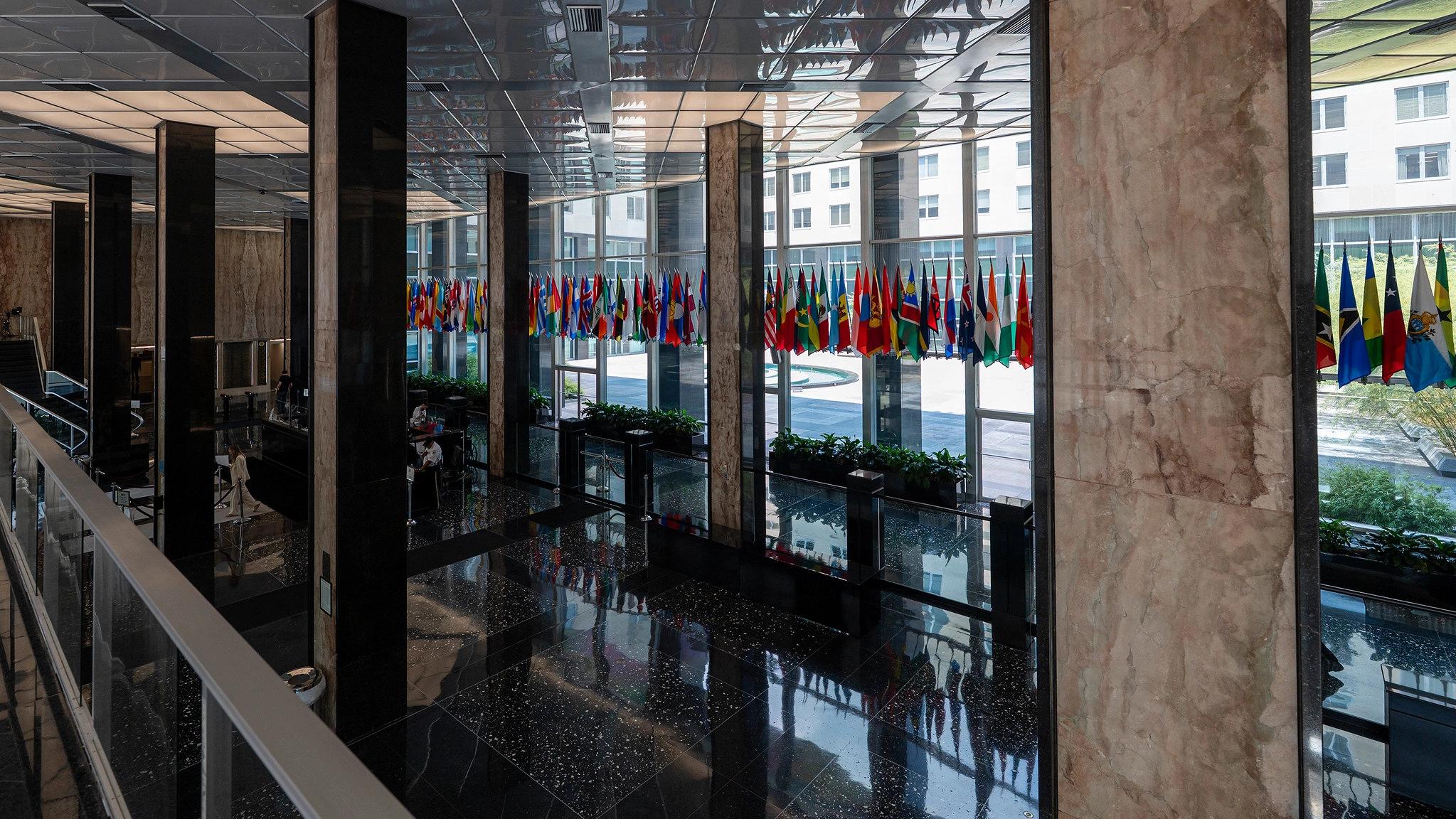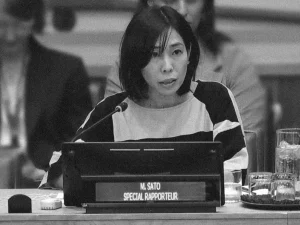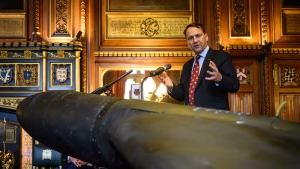WASHINGTON, DC – The Trump administration has intensified its economic pressure on Tehran, announcing on Wednesday a fresh tranche of sanctions targeting 20 entities and identifying 10 vessels allegedly involved in Iran’s critical petroleum and petrochemical trade.
This latest move, the State Department declared, is designed to choke off funding for what Washington describes as the Islamic Republic’s “destabilizing activities,” encompassing its contentious nuclear program, its backing of militant groups, and the repression of its populace. The punitive measures are primarily aimed at Iran’s “shadow fleet,” a network of illicit shipping facilitators operating across various jurisdictions.
These entities, according to the State Department, employ “obfuscation and deception” to enable the illicit transportation of Iranian oil and petrochemicals to international buyers, circumventing existing sanctions.
The vessels managed by these companies have allegedly transported millions of barrels of Iranian crude, petroleum products, and petrochemicals, forming a crucial part of Iran’s export supply chain.
Concerns were also raised about their “dark activity and other deceptive shipping practices,” which are deemed to endanger other vessels and disrupt global trade flows. Among those specifically named in the latest designations is “Etihad Engineering and Marine Services FZC,” a United Arab Emirates-based company accused of commercially managing vessels that transported Iranian petroleum products.
The sanctions also extend to a China-based crude oil terminal operator named “Zhoushan Jinrun Petroleum Transfer Co, LTD”, for its alleged pattern of receiving Iranian-origin crude, even from tankers already blacklisted by the US. Beyond the shipping sector, 13 additional entities spanning multiple jurisdictions were designated for their involvement in the transshipment, sale, and purchase of Iranian-origin petrochemicals.
The US Treasury Department further broadened the scope of the offensive by simultaneously announcing sanctions against more than 115 targets within the extensive shipping and financial network linked to Hossein Shamkhani, the son of Ali Shamkhani, a senior adviser to Iran’s supreme leader.
President Donald Trump, in a stark reaffirmation of his administration’s “maximum pressure” doctrine, warned that “any country or person who chooses to purchase Iranian oil or petrochemicals exposes themselves to the risk of US sanctions and will not be allowed to conduct business with the United States.”
These actions mark the eleventh round of sanctions specifically targeting Iranian oil sales since the Trump administration initiated its aggressive containment policy in February 2025. The move is welcomed by Iran watchers in Washington, such as Jason Brodsky, policy director at United Against Nuclear Iran (UANI), a non-profit organization dedicated to countering threats posed by the Islamic regime.
UANI had publicly advocated for sanctions against Hossein Shamkhani as early as February 2024.
Speaking to the Kyiv Post Wednesday afternoon, Brodsky asserted that the designations “underscore the corrupt mafia-like structure of the Iranian regime whereby regime officials and their families profit off of illicit wealth stolen from the Iranian people to undermine American security and enrich themselves.”
He suggested that these measures “will counter the ability of the Iranian regime to rebuild after Operations Rising Lion and Midnight Hammer,” referring to specific unnamed operations. Brodsky further highlighted what he described as the “corruption of the Shamkhani family,” adding:
“This is only the tip of the iceberg. Public reports suggest Ali Shamkhani, Hossein’s father and a top advisor to the supreme leader, was bribed by the Zindashti drug cartel.
Zindashti has been carrying out attempts to harm US and European nationals in coordination with Iran’s Intelligence Ministry,” he said.
“These sanctions were long overdue,” Brodsky concluded.
Source: kyivpost




